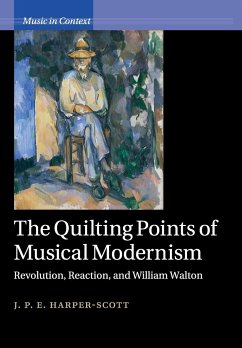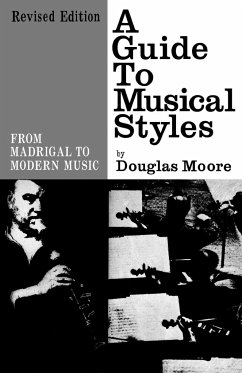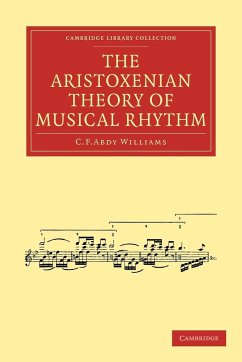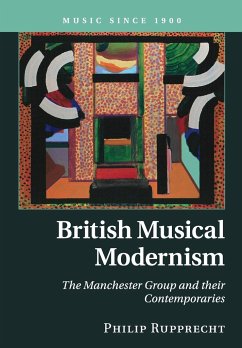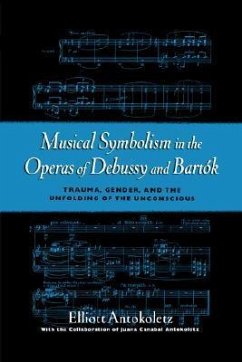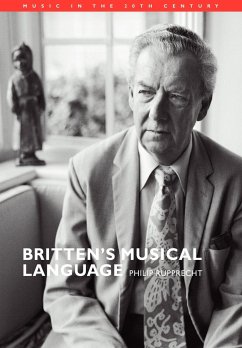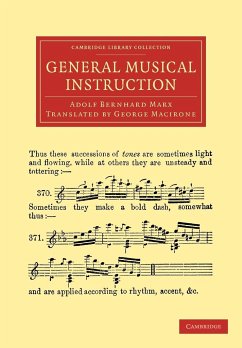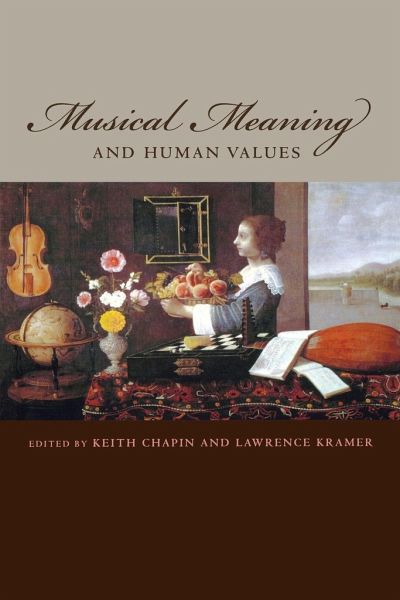
Musical Meaning and Human Values
Versandkostenfrei!
Versandfertig in 1-2 Wochen
34,99 €
inkl. MwSt.
Weitere Ausgaben:

PAYBACK Punkte
17 °P sammeln!
Musical understanding has evolved dramatically in recent years, principally through a heightened appreciation of musical meaning in its social, cultural, and philosophical dimensions. This collection of essays by leading scholars addresses an aspect of meaning that has not yet received its due: the relation of meaning in this broad humanistic sense to the shaping of fundamental values. The volume examines the open and active circle between the values and valuations placed on music by both individuals and societies, and the discovery, through music, of what and how to value. With a combination ...
Musical understanding has evolved dramatically in recent years, principally through a heightened appreciation of musical meaning in its social, cultural, and philosophical dimensions. This collection of essays by leading scholars addresses an aspect of meaning that has not yet received its due: the relation of meaning in this broad humanistic sense to the shaping of fundamental values. The volume examines the open and active circle between the values and valuations placed on music by both individuals and societies, and the discovery, through music, of what and how to value. With a combination of cultural criticism and close readings of musical works, the contributors demonstrate repeatedly that to make music is also to make value, in every sense. They give particular attention to values that have historically enabled music to assume a formative role in human societies: to foster practices of contemplation, fantasy, and irony; to explore sexuality, subjectivity, and the uncanny; and to articulate longings for unity with nature and for moral certainty. Each essay in the collection shows, in its own way, how music may provoke transformative reflection in its listeners and thus help guide humanity to its own essential embodiment in the world. The range of topics is broad and developed with an eye both to the historical specificity of values and to the variety of their possible incarnations. The music is both canonical and noncanonical, old and new. Although all of it is "classical," the contributors' treatment of it yields conclusions that apply well beyond the classical sphere. The composers discussed include Gabrieli, Marenzio, Haydn, Beethoven, Mendelssohn, Brahms, Wagner, Puccini, Hindemith, Schreker, and Henze. Anyone interested in music as it is studied today will find this volume essential reading.






